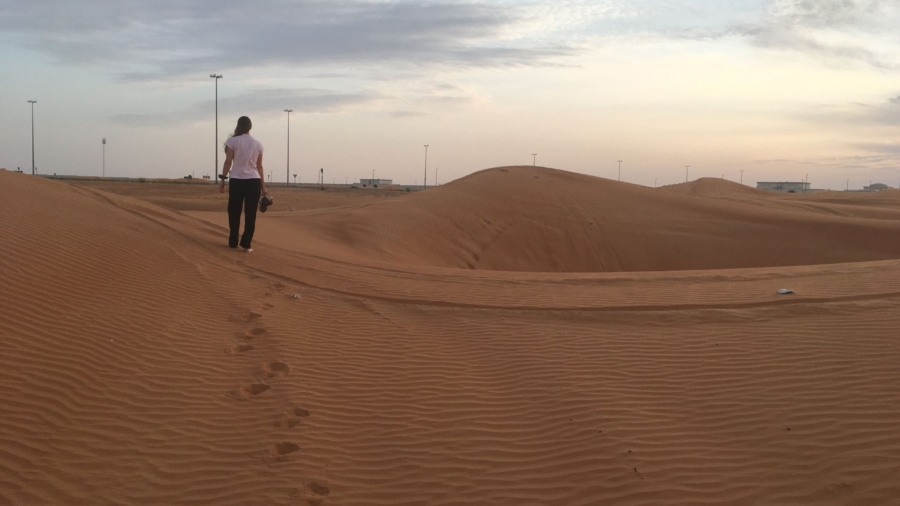As I scrolled through my Instagram feed, a particular artwork caught my attention. It depicted a woman dressed in a robe that seemed fragmented into countless pieces.
Jesus stood beside her, “decorating” the tears in her robe—or her body—with gold paint. I thought, “It looks like gold glue,” like a shattered vessel pieced back together with gold.
None of us rejoice in brokenness; none of us want to go through grief, pain, challenges, or low places. But brokenness is essential to experience the power of grace and forgiveness, the power of resurrection, the love of Jesus himself, and to carry it out into the world.
I recently spoke with a friend about how strong our relationship with Jesus was in our teenage years and how radical we seemed—how our relationship with Jesus “appeared” to others. But it’s not about appearances or outward actions. Faith without action is dead, yes, but just attending church or being visible to others says nothing about how much we know, trust, and love Christ. What truly matters is how deeply our relationship with Jesus is filled with intimacy, hope, and confidence.
Do we have joy?
Do we really trust him and his word 100%?
Do we believe he means well for us?
Do we believe he has a future full of hope and promise for us?
Do we trust that Jesus will not extinguish a smoldering wick?
Do we believe he can work through us, even if we feel broken?
When we haven’t “made it” by the world’s standards?
When we are physically ill?
When we don’t get the recognition we long for?
When desires go unfulfilled?
Do we believe God still has a way for us, even if it seems impossible by human standards?
I was reminded of how necessary brokenness is and how important it is to sit at Jesus’ feet—to be still. We come to him, offering our brokenness, our past, our pain, our sins, inadequacies, anger, helplessness, and powerlessness. **We offer him** our wishes, dreams, and hopes too. Often, we don’t allow ourselves to dream, but Jesus wants to touch, heal, and fill our hearts. He truly means well for us.
I believe that only when we reach the end of our wisdom, stop striving on our own, and give ourselves completely to God, saying, “Here I am, my life is yours, do with me what you will,” can Jesus work through us and use us as he desires. The beautiful thing about Jesus is that he is patient and gentle.
And this isn’t a one-time thing. We’ll always have moments in life when we realize our priorities have shifted, or God reveals areas we haven’t fully entrusted to Him or where we need healing.
Life with Jesus is not a checklist.
Discipleship is a journey, a path, an ongoing relationship. It’s not static but alive. Sometimes it leads through blooming fields, and sometimes through scorching deserts. Yet, with God, nothing is impossible.
We trust that Jesus will raise us up again, that we are a new creation through him, that we can do great things through and with him. Not by our own strength, knowledge, pride, qualifications, looks, or possessions, but through the places where we have felt sin, brokenness, and shame. Those are the very places where Jesus wants to come in, use us, and transform our lives into testimonies that touch and change others.
Take heart and be encouraged when you face pain, loss, or hopelessness. God sees you. He holds you and your broken heart. He will use his gold glue and heal you with love.
God can make a way in the desert.
He can create life in barren places. Nothing is impossible for him.
Embracing brokenness isn’t about glorifying pain or finding solace in struggle. It’s about recognizing that, even in our deepest wounds, God’s love and grace abound. Our relationship with Jesus isn’t defined by outward appearances or religious rituals; it’s about the depth of intimacy, hope, and trust we share with him.

